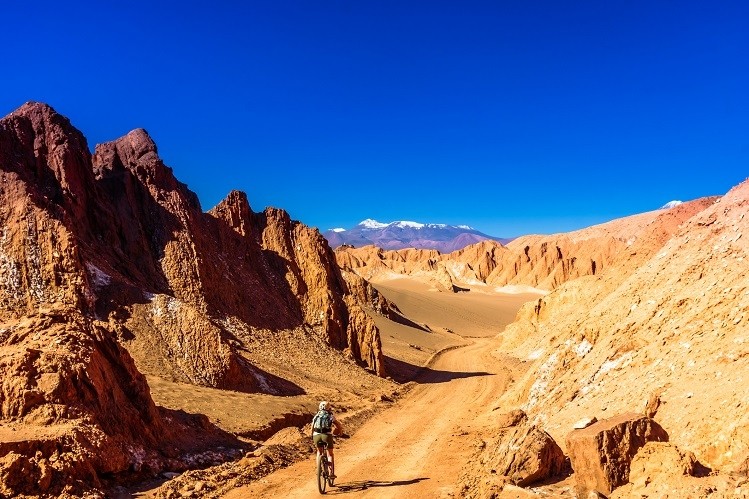Sports in high altitudes? Brazilian researchers suggest supplementing with glutamine, carbohydrates

Two researchers from the Federal University of Sao Paulo in Brazil sought to find out the latest consensus regarding possible nutritional measures to optimize athletic performance in high altitudes. To do this, they reviewed peer-reviewed studies published between 1985 and 2018.
Their paper was published in the journal Nutrition.
They approached the effects of high-altitude hypoxia (or a deficiency of oxygen reaching the body’s tissues) from the point of view of exercise immunology.
“High altitudes are a challenge for human physiology and for sports enthusiasts,” they wrote. “Several reasons lead to deterioration in performance at high altitudes. Hypoxia owing to high altitude causes a breakdown of homeostasis with imbalance in several physiological systems, including the immune system.”
It’s a relevant issue for countries in Latin America, where the Andes mountain range, the world’s longest continental mountain range, stretches through seven countries. “In South America, for example, each year ∼4000 people visit the Aconcagua Provincial Park in the Argentine Andes, where the maximum altitude can reach 6960 m,” the researchers said.
Nutritional interventions: Carbohydrates and glutamine
The researchers have studied the effects of glutamine supplementation in the past, hence their current search focused on the body of evidence supporting glutamine’s benefit for hypoxia.
Numerous studies have demonstrated reduced plasma and tissue glutamine concentrations during and after intense and prolonged exercise.
“In one of the few studies on the importance of glutamine to the immune system in hypoxia, elite runners were exposed to an altitude of 1640 m for 4 weeks and a considerable elevation was observed in the incidence of upper respiratory tract infections (URTIs), accompanied by a reduction in plasma glutamine,” they wrote, citing a 2000 article by British researchers.
They’ve also observed improvements of the immune system when athletes in high altitudes were supplemented with carbohydrates, attributing it to improved mucosal immunity and increasing salivary flow after exercise.
“Supplementation with glutamine and carbohydrates, which are important strategies at sea level, could be a useful tool to mitigate the effects of hypoxia,” they wrote.
But in sum, studies on this particular issue remain scarce. “More studies are needed to understand the role of sports nutrition and immunonutrition from a broader perspective, in relation to different sports modalities, times of exposure to hypoxia, intensity of hypoxia, and level of physical conditioning.”
Source: Nutrition
Published online ahead of print, https://doi.org/10.1016/j.nut.2018.09.030
“Performance and altitude: Ways that nutrition can help”
Authors: Aline V Caris PhD, Ronaldo Vagner Thomatieli Santos PhD





